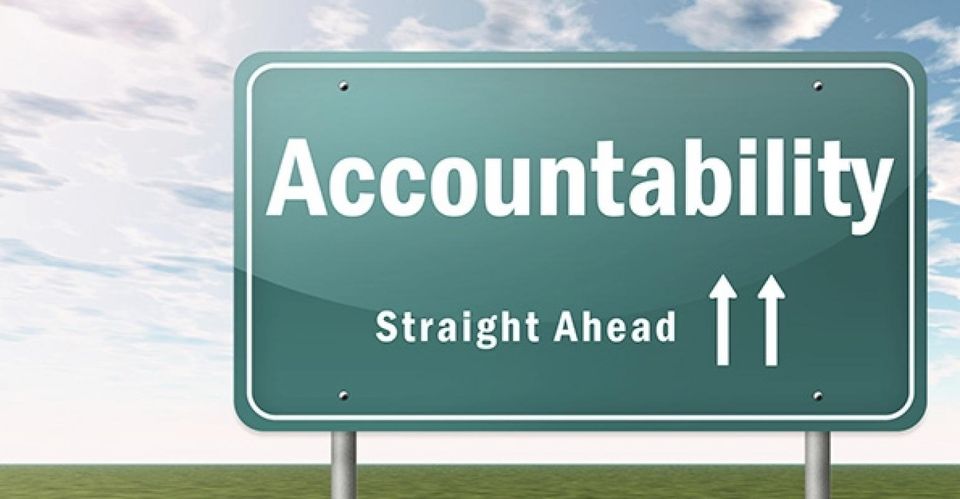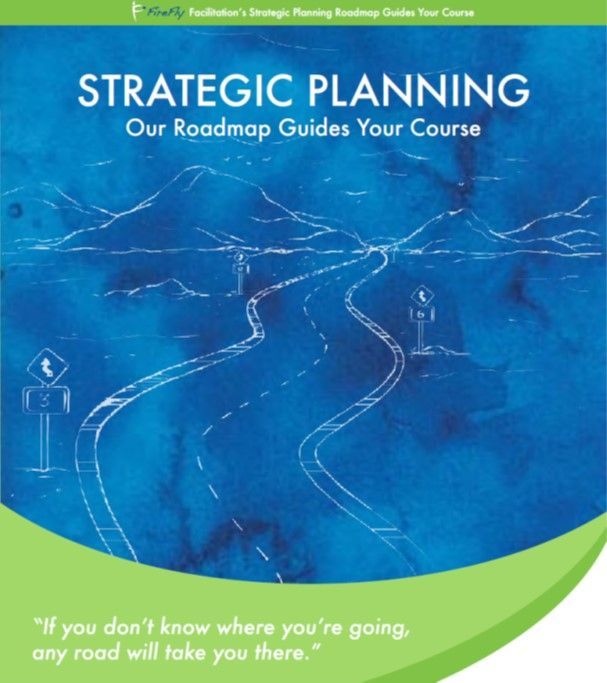Accountability: Implementing A New Approach
A story of accountability - the rest of the story
In our last post
, we talked about changes recommended to a team that was having trouble with accountability.
I’d suggested that a team member, Kathryn, give me a call to talk about how the system I proposed had worked. In this post, we’ll talk about her findings, and then we’ll discuss how these results can help other teams.
The feedback I received, after only two weeks using this new action planning approach, was wonderful to hear.
Kathryn told me that her team leader, Bob, had expressed some discomfort when she informed him that he would now be addressing the action items from the previous meeting. (I personally think this was because he hadn’t clearly assigned accountability to specific team members, so holding them responsible would be equally difficult.) She encouraged him, though, by saying that the first time would likely be very difficult and uncomfortable for everyone in the room, but that it would only take one time before people would get the message that he meant it.
And she was right! They had captured the assignments real time during the meeting,
and then Bob made his way through the list and asked directly for explanations on why things had not been completed. Although this was uneasy for everyone, the message was unmistakable: People were expected to fulfill their commitments, and lame excuses would not be allowed anymore. The accountability level for the whole team, including the leader, had been taken up several levels. Kathryn also told me that several of the team members had instituted a similar procedure for their own staff meetings
, since it had worked so well with the initial group.
One other area of accountability to discuss is the need to take responsibility for team decisions.
When you complete a discussion, is there a clear outcome or next step that is understood by all? When two or more members take a conversation off-line, how will the team know if the issue is ever resolved, or learn the results and rationale for any decisions made? Those members need to discuss in detail the decision’s impact, and how they can support its execution, with the rest of team.
There must also be a mechanism in place for tracking the effectiveness of the decisions that have been made.
- What can we learn from those situations when a decision wasn’t implemented with excellence?
- Was it the wrong decision?
- Did the team make faulty assumptions?
- Did we not have true commitment?
- Were there unforeseen circumstances?
In our next post, we’ll talk more about this accountability, and how to make fixing problems the responsibility of everyone on the team. Then we’ll offer some questions to help you determine your team’s accountability level.






